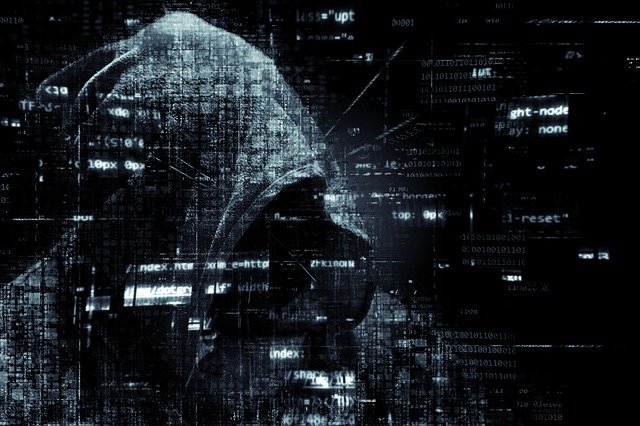Are our Retirement Savings at Risk? How to Protect Your Life Savings from Hackers and Cyber Criminals
From the stagecoach robbers of the Old West to the Ponzi scheme operators of the modern age, criminals go where the money is. For hackers and cybercriminals, retirement accounts and other investments could be the richest targets of all.
The average bank account might have a few hundred, or at most a couple thousand, dollars, but the balances of 401(k) plans and brokerage accounts can reach into six or seven digits. With that much money on the line, cyber criminals are targeting retirement accounts like never before, and if you are not careful you could lose your life savings.
If you have not taken proactive steps to protect your investments and retirement accounts, you could be operating on borrowed time. Here are some simple precautions you can use to keep the bad guys out of your retirement.
Check Your Accounts, and Your Transactions, Frequently
Retirement accounts are often targeted because they are not checked as frequently as other types of accounts. If you are saving for a retirement that is still decades away, you may not be checking the balance on a daily basis.
In fact, most financial professionals warn against checking retirement accounts and other investments too frequently. We linked up with Patrick Dwyer, former top Merrill Lynch Wealth Advisor, “cyber crime is a big deal today” and went on to say “checking in regularly could shield you from hackers and convicted felons of these types of fraudulent schemes. You do not need to stress about your balances but checking your accounts and looking for suspicious transactions is still a smart thing to do.”
Always Use Two-Factor Authentication
Two-factor authentication adds another layer of security to your accounts, and you should always use it when available. Most banks, brokerage firms and mutual fund companies now offer two-factor authentication, and some go further by forcing account holders to use it.
Even if it is not required, turning on two-factor authentication is an essential part of your account protection. With two-factor authentication turned on, a hacker would find it very difficult, if not impossible, to access your accounts, even if they somehow found the user ID and password.
Keep Your Devices Up to Date
If you want to keep your accounts safe and the cyber criminals at bay, start with the devices you use every day. From your laptop or desktop computer to your tablet and smartphone, every device you use should be up to date and protected with strong antivirus and antimalware protection.
You should also run regular scans on all your devices, including mobile devices, to make sure there are no lingering infections. Daily scans are best, and you can schedule those scans to run overnight to minimize the impact on your computing life.
Turn Off Withdrawals if You Are Not Using the Money
If retirement is still decades away, you might want to turn off the ability to authorize withdrawals. After all, you will not be needing the money, so there is no reason to take the risk of unauthorized access and withdrawals.
Many brokerage firms and retirement plan custodians let customers place specific restrictions on what can, and cannot, happen with their accounts. You may, for instance, be able to allow deposits but not withdrawals, building in an extra level of protection for your life savings.
Use a Separate, and Stronger, Set of Credentials for Each Investment Account
One of the biggest dangers investors face is the disclosure of their passwords, and a breach at a single location could open the door to unauthorized activity in many more. This is particularly true if you use the same password at multiple sites, a dangerous practice that all too many people follow.
Even if you do not set up a separate ID and password for every shopping site you visit, you should always use unique credentials for your retirement and investment accounts. Setting up a separate, and much stronger, ID and password is a vital first step if you want to keep your money safe.
Ask About Policies and Protections
Last but not least, ask the brokerage firms and mutual fund companies you work with about their individual account protections and their anti-hacking policies. Find out what safeguards the firm has in place, and what would happen in the event of a hack.
Some of the biggest players in the industry, including wealth management giant Boston Private and online broker T.D. Ameritrade, have protections in place that would reimburse customers if their account security were breached. Other firms have similar policies in place, but it is important to check the details and find out exactly what is, and is not, covered.
After years of targeting bank accounts and settling for small change, hackers are now turning their sights to retirement accounts. These retirement accounts can be home to hundreds of thousands of dollars or more, and that makes them tempting targets for criminals around the world. If you want to protect your life savings, you need to be proactive about it, and that starts with following the best practices outlined above.

